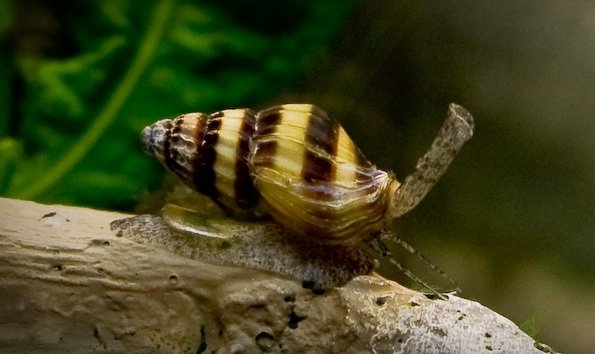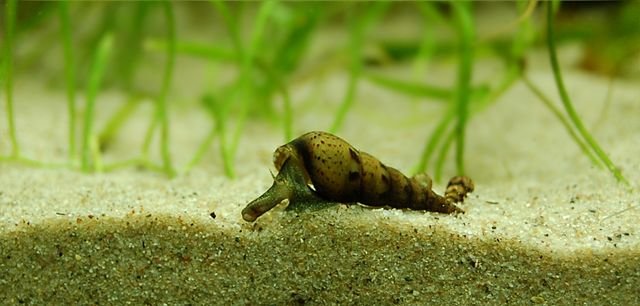UK.- Shelled marine creatures living in increasingly acidified oceans face a fight for survival as the impacts of climate change spread, a new study suggests.
Researchers from the University of Tsukuba, Japan, and the University of Plymouth, UK, assessed the impact of rising carbon dioxide levels on the large predatory “triton shell” gastropod (Charonia lampas).
They found those living in regions with predicted future levels of CO2 were on average around a third smaller than counterparts living in conditions seen throughout the world’s oceans today.
However there was also a noticeable negative impact on the thickness, density, and structure of their shells, causing visible deterioration to the shell surface.
Writing in Frontiers in Marine Science, scientists say the effects are down to the increased stresses placed on the species in waters where the pH is lower, which reduce their ability to control the calcification process.
And they have warned other shellfish are likely to be impacted in the same way, threatening their survival and that of other species that rely on them for food.
Plymouth graduate Dr Ben Harvey, now Assistant Professor in the University of Tsukuba’s Shimoda Marine Research Center, said: “Ocean acidification is a clear threat to marine life, acting as a stressor for many marine animals. Here we found that the ability of the triton shells to produce and maintain their shells was hindered by ocean acidification, with the corrosive seawater making them smoother, thinner, and less dense. The extensive dissolution of their shells has profound consequences for calcified animals into the future as it is not something they can biologically control, suggesting that some calcified species might be unable to adapt to the acidified seawater if carbon dioxide emissions continue to rise unchecked.”
Jason Hall-Spencer, Professor of Marine Biology at the University of Plymouth, added: “Our study clearly shows that increasing carbon dioxide levels cause seawater to become corrosive to shellfish. As these calcified animals are a fundamental component of coastal marine communities, ocean acidification is expected to impact shellfish fisheries.”
Stay Always Informed
Join our communities to instantly receive the most important news, reports, and analysis from the aquaculture industry.
Reference (free):
Ben P. Harvey, Sylvain Agostini, Shigeki Wada, Kazuo Inaba and Jason M. Hall-Spencer. Dissolution: The Achilles’ Heel of the Triton Shell in an Acidifying Ocean. Front. Mar. Sci., 12 October 2018 | https://doi.org/10.3389/fmars.2018.00371 https://www.frontiersin.org/articles/10.3389/fmars.2018.00371/full
Source: University of Plymouth
Editor at the digital magazine AquaHoy. He holds a degree in Aquaculture Biology from the National University of Santa (UNS) and a Master’s degree in Science and Innovation Management from the Polytechnic University of Valencia, with postgraduate diplomas in Business Innovation and Innovation Management. He possesses extensive experience in the aquaculture and fisheries sector, having led the Fisheries Innovation Unit of the National Program for Innovation in Fisheries and Aquaculture (PNIPA). He has served as a senior consultant in technology watch, an innovation project formulator and advisor, and a lecturer at UNS. He is a member of the Peruvian College of Biologists and was recognized by the World Aquaculture Society (WAS) in 2016 for his contribution to aquaculture.







